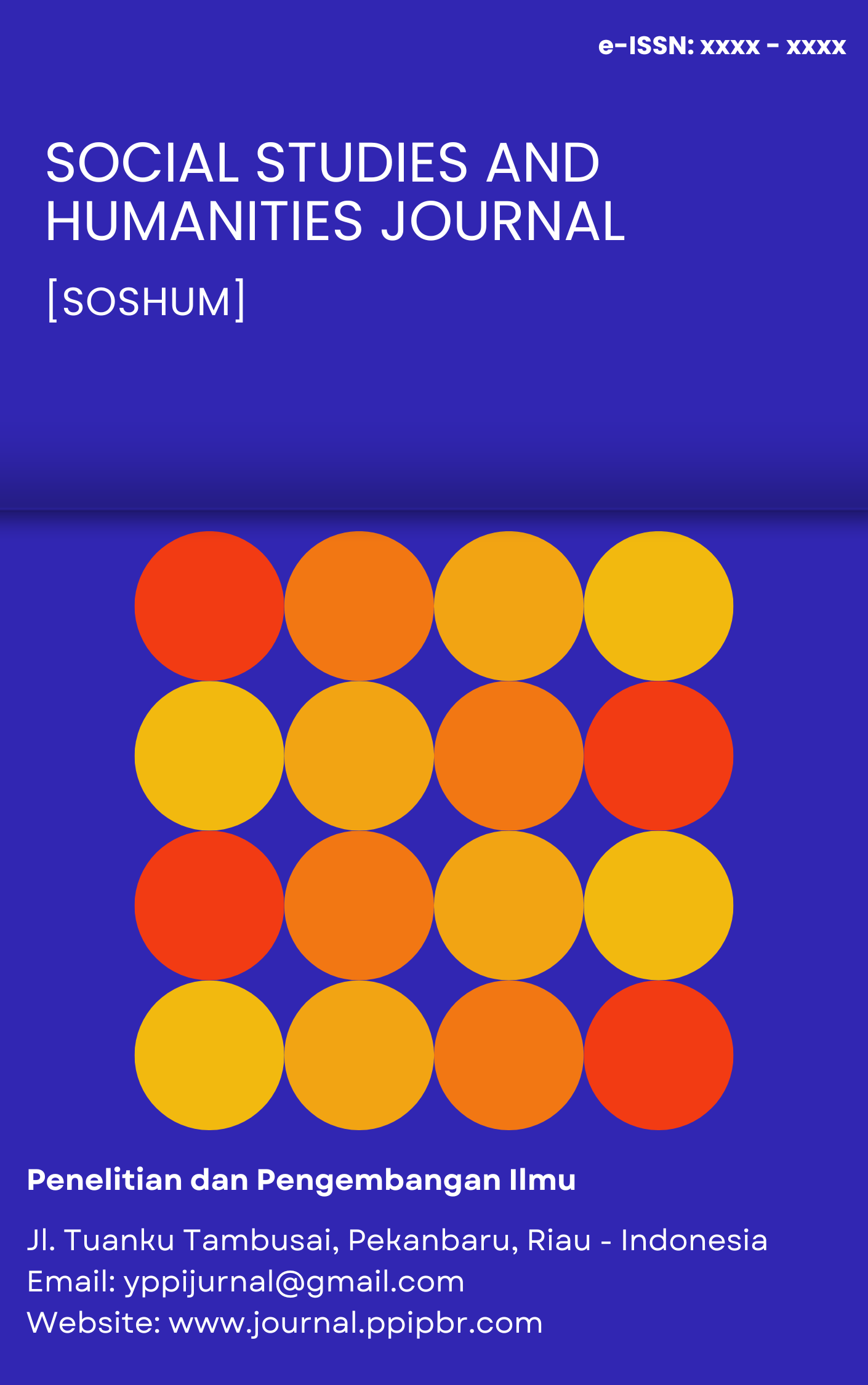CULTURE BASED POLITICAL MESSAGE CONSTRUCTION TO INCREASE VOTER PARTICIPATION
DOI:
https://doi.org/10.62207/ma9gjp18Keywords:
Political communication, culture-based messages, voter participation, framing, symbolic interactionism, IndonesiaAbstract
This study examines the construction of culturally based political messages and their impact on increasing voter participation. Although voter participation in Indonesia is relatively high compared to the global average, challenges in maintaining consistent participation, especially among the younger generation, remain. Using the approachnarrative reviewThis study analyzed literature from the Scopus and Web of Science databases (2000-2025) with keywords such as "cultural political communication" and "voter participation and culture." The results of the literature synthesis identified four main themes: (1) the construction of culturally based political messages through symbols, language, and traditional practices; (2) the role of political actors as cultural brokers in representing cultural identity; (3) media as a crucial channel for the dissemination of cultural messages, including adaptation on digital platforms; and (4) positive voter responses to cultural-based messages that increase collective identification, trust, and emotional involvement. Theoretically, this research expands framing theory to the cultural dimension and integrates symbolic interactionism to explain the formation of political meaning. Practically, these findings provide guidance for more contextual and culturally sensitive political campaigns, potentially strengthening social cohesion and reducing polarization. However, limitationsnarrative reviewand the dominance of specific contexts require further empirical studies, cross-cultural comparisons, and longitudinal studies. In conclusion, culture-based political messages are an effective strategic instrument for increasing voter participation by building emotional connections and trust through authentic cultural representations.
Downloads
Published
Issue
Section
License
Copyright (c) 2025 Abdul Rahman (Author)

This work is licensed under a Creative Commons Attribution-NonCommercial 4.0 International License.
http://creativecommons.org/licenses/by-nc/4.0/?ref=chooser-v1

















